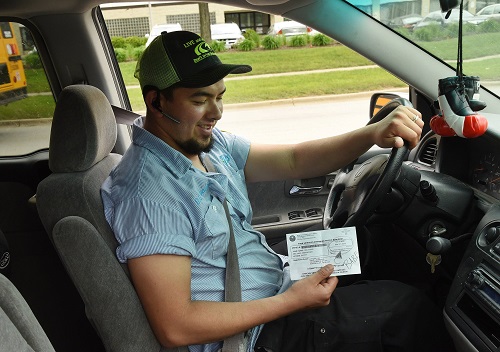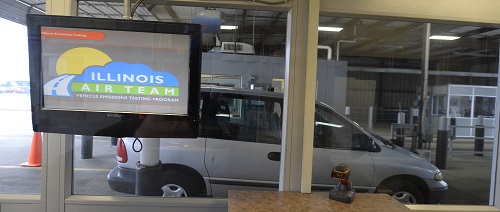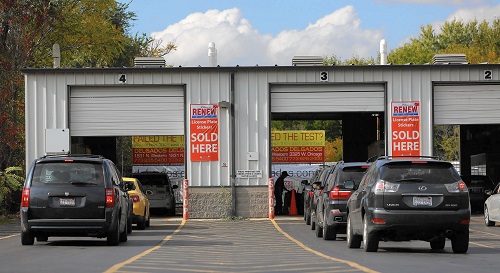Last updated on November 9th, 2017
There is a chance that your vehicle may have failed the Maryland emissions inspection test. In the event of Vehicle Emissions Failures there are a few possibilities that caused this and there are certain steps you now must follow.
Your vehicle could have failed the test for the following reasons: Your vehicle has exceeded the standards for hydrocarbon resulting in a hydrocarbon failure. Your vehicle has exceeded the standards for carbon monoxide resulting in carbon monoxide failure. There could have been a sample dilution failure. Your vehicle could have failed the On Board Diagnostics test. Your vehicle could have missing, disconnected, or broken emissions control equipment. Or your vehicle could have had a gas cap failure resulting in vapors leaking from your vehicle.
If your vehicle failed the Maryland emissions test your next step is to have the vehicle repaired to correct whatever failure(s) have occurred. After your vehicle is repaired you need to get your vehicle retested. When you go to get your emissions retest you should bring along your initial test results paper that you were given, along with the paperwork from the garage/service center that repaired your vehicle’s emissions issues. The first retest of your vehicle is free.
If you spent $450 or more on your emissions related vehicle repairs you may be eligible to get a Maryland emissions waiver. If you would like to apply for the waiver you must complete the backside of the vehicle inspection report paper you were given after your vehicle was initially tested. You must also submit the receipts for the work you had done on your vehicle.
If you fail the retest your second retest you will need to pay for.
If you have any questions you can contact the emissions inspection program at 1-800-638-8347. If you have questions for the MVA the customer service contact number is 1-800-950-1682.



